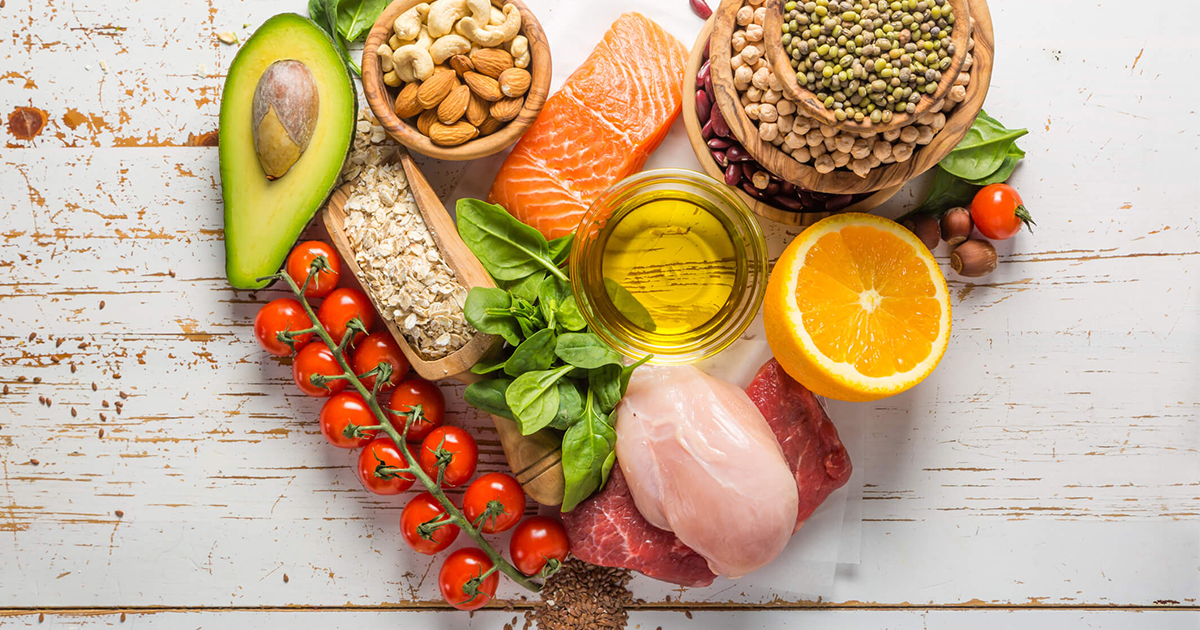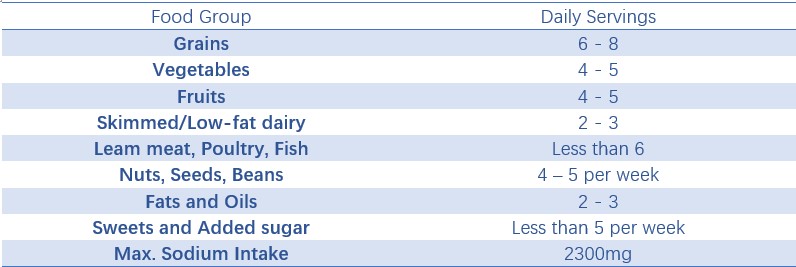The DASH Diet: Works For Kidney Health

Diet intervention is one of the most important lifestyle changes to manage chronic kidney problems. The DASH Diet is recommended by several organization, such as National Kidney Foundation, The National Heart, Lung and Blood Institute, and The American Heart Association.
The DASH Diet is a heart-friendly diet, which aims to lower blood pressure level through dietary approaches. It focuses on eating fruits and vegetables, low-fat dairy, fish, poultry, beans, nuts, and vegetable oils while limiting consumption on sodium, sugar, and red meat. Research indicates that the dash diet can reduce blood pressure level, which helps to lower the risk for kidney problems as well.
The DASH Diet may help people with chronic kidney problem to prevent it from worsening. A 2019 research found that the DASH diet reduced the risk for progression to the end stage for people who have moderately severe chronic kidney problems, especially for those who also had prolonged high blood pressure and blood sugar levels.
Bear in mind, for those who already had chronic kidney problems, consult with healthcare provider before attempting the DASH Diet as they may need to restrict potassium and phosphorous intake. People who are on dialysis should not use the DASH Diet.
The DASH Diet not only focuses on healthy food, it also emphasis on low sodium. It is recommend to use spice to replace salt, and choose food that is low in sodium (sodium content less than 35 – 140 mg). Below is the guideline for the DASH Diet (2000 calories)

Choose whole grains for most grain servings. People need to limit potassium and phosphorous should avoid the following food

- * All research and clinical data should be used as reference purposes only, results may vary.




